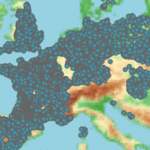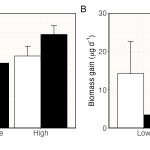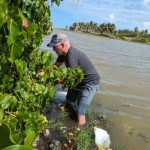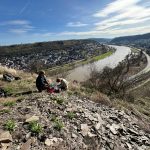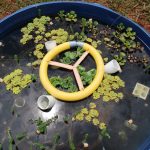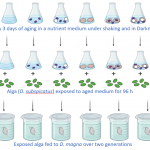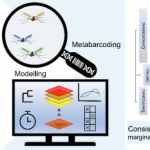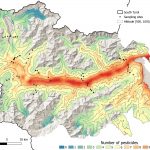Are you an Early Career Researcher (ECR) working in regulatory ecotoxicology? Do you find yourself navigating the complex intersections of academia and regulatory decision-making? If so, we want to hear from you in our survey!
Continue readingCalling All Early Career Researchers in Regulatory Ecotoxicology: Share Your Experiences in Our Survey!


